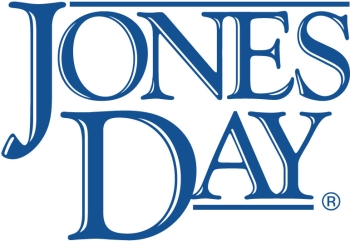On March 1 2011 Tokyo District Court issued a decision which admitted the right of avoidance exercised by the court-appointed administrator of a corporate debtor in possession under civil rehabilitation proceedings, where the debtor company had settled a mortgage for a financing company as the real guarantor of its parent company.
The Civil Rehabilitation Law provides for a right of avoidance and states that a gratuitous act (or an act that is deemed to amount to a gratuitous act) will be avoided if it is performed by the entity after or up to six months before a suspension of payments or an application to commence civil rehabilitation proceedings. The debtor need not have known that it would prejudice its creditors; nor is a beneficiary required to have known at the time that payments had been suspended or that an application to commence civil rehabilitation proceedings had been filed. A gratuitous act occurs where a debtor reduces its assets without compensation or incurs debts. A gift, release from debt or waiver of rights constitutes a gratuitous act.
On April 30 2009 a debtor company settled a mortgage for a financing company as the real guarantor of its parent company. The parent company owned 100% of the debtor company's shares. The parent company provided no consideration to the debtor company in the mortgage settlement. Around one month after the debtor company's settlement of the mortgage, the parent company filed a petition to commence corporate reorganisation proceedings and the Tokyo District Court issued a decision to commence proceedings in two weeks.
Four months after the parent company's corporate reorganisation proceedings had begun, the debtor company filed a petition to commence civil rehabilitation proceedings. The court issued a decision to commence proceedings in one week. It appointed an administrator who was to supervise the debtor company in the civil rehabilitation proceedings.
With the court's permission, the administrator filed a motion for avoidance against the settlement of the mortgage as a gratuitous act. The bankruptcy court issued an order upholding the motion for avoidance. Objecting to the court order, the financing company that had benefited from the settlement filed suit against the administrator. Its main contention was that the settlement was not a gratuitous act on the part of the debtor company because the latter substantially and economically benefited from the parent company's financing.
The Tokyo District Court upheld the bankruptcy court's decision. It stated that:
"The mortgage was settled for the parent company's financing. The debtor company itself did not receive direct consideration... [or any] other substantial consideration that might prevent a finding that it was a gratuitous act by the debtor company. Therefore, the settlement of the mortgage by the debtor company falls under [the definition of a] gratuitous act."
Furthermore, the court stated that:
"In the case of a parent company's provision of collateral, including the settlement of a mortgage when its subsidiary procures loans from a financial institution, such provision of collateral may be interpreted as not being a gratuitous act because the parent may preserve its investment assets in the subsidiary by preventing the subsidiary's bankruptcy. However, in the case of a subsidiary's provision of collateral, including the settlement of a mortgage when the parent company has procured a loan, it is apparent that the subsidiary cannot preserve its assets by preventing the parent company's bankruptcy. There may be a situation in which the subsidiary may benefit by preventing the parent company's bankruptcy as a matter of fact, but such benefit could not be regarded as a reason which denies the gratuitous nature of the act by the subsidiary."
For further information on this topic please contact Rika Sato at Jones Day by telephone (+81 3 3433 3939), fax (+81 3 5401 2725) or email ([email protected]).



